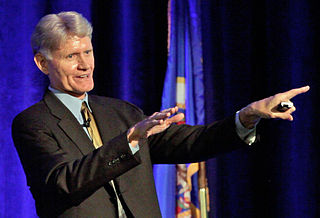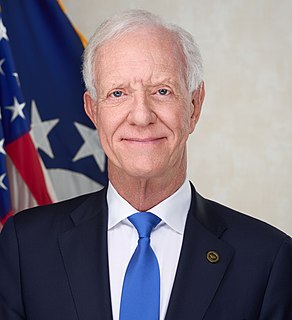Top 1200 Managing People Quotes & Sayings
Explore popular Managing People quotes.
Last updated on April 14, 2025.
Leadership: Here is the heart and soul of the matter. If you look to lead, invest at least 30% managing those with authority over you, and 15% managing your peers. Use the remainder to induce those you 'work for' to understand and practice...lead yourself, lead your supervisors, lead your peers, and free your people to do the same. All else is trivia.
No one in his right mind would walk into the cockpit of an airplane and try to fly it, or into an operating theater and open a belly. And yet they think nothing of managing their retirement assets. I've done all three, and I'm here to tell you that managing money is, in its most critical elements even more demanding than the first two.
I've considered myself a writer since I was 7 years old, but I've done a lot of jobs along the way. I enjoyed waiting tables and tending bar during college, especially when it got busy, so I might like managing a big restaurant. In fact, I might like managing many kinds of businesses or organizations.
I think the mental preparation isn't something that you can work on in one large sum. It has to be a collective collaboration of doing little things for your mental state constantly throughout the prep and managing your life outside the Octagon, managing your life in transit to the Octagon, managing your life once you get to training.
Managing risk is a key variable, frankly, all aspects of life, business is just one of them, and one of the things that most people do in terms of managing risk, that's actually bad thinking, is they think they can manage risk to zero. Everything has some risk to it. You know, you drive your car down the street, a drunk driver may hit you. So what you're doing is you're actually trying to get to an acceptable level of risk.
The art of managing and leading comes down to a simple thing. Determining and facing reality about people, situations, products, and then acting decisively and quickly on that reality. Think how many times we have procrastinated, hoped it would get better. Most of the mistakes you've made have been through not being willing to face into it, straight in the mirror that reality you find, then taking action on it. That's all managing is, defining and acting. Not hoping, not waiting fro the next plan. Not rethinking it. Getting on with it. Doing it. Defining and doing it.






















































